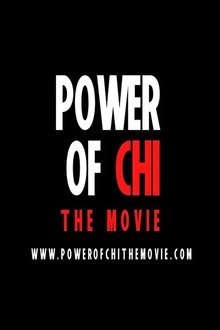Living from the Heart: Universalist Sufism in America, directed by Chuck Davis and Netanel Miles-Yépez, offers an introduction to the mystical path of Sufism as expressed in the universalist Sufi teachings of Hazrat Inayat Khan by contemporary Sufi teachers in America. The film contextualizes Sufism as a spiritual path of the heart, addressing the distinction between Islamic Sufism and Universalist Sufism, and introduces viewers to Sufi teachings on Love, Beauty, Music, God, and the Sufi practices of Zikr (remembrance) and Pilgrimage.
Related Movies
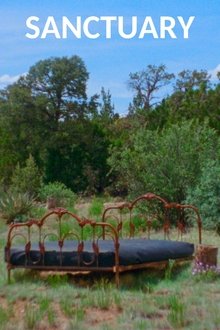
Sanctuary (2024)
Sanctuary explores queer spirituality and utopian sexualities through the figure of Purusha Androgyne Larkin (1934–1988), a monk, pioneering gay filmmaker, and self-proclaimed cosmic-erotic mystic. Larkin’s 1981 book, 'The Divine Androgyne According to Purusha', challenged repression with a spiritual vision rooted in eroticism and presented a radical path to cosmic-erotic consciousness through ‘extreme’ forms of sexual pleasure. Sanctuary explores Larkin's attempt to form a utopian, pleasure-based spiritual community, and considers the complex legacies of his ideas in queer culture. Shot on 16mm, the film weaves together the voices of Larkin’s friends and followers, creating a portrait in absentia of a figure ahead of his time.
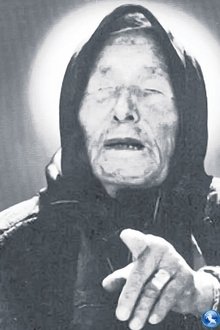
Phenomenon (1977)
A portrait of Baba Vanga, born Vangeliya Pandeva Dimitrova, a blind Bulgarian prophet, mystic, clairvoyant, and herbalist. Millions of people believed she possessed paranormal abilities.The first part of the documentary portrait of the prophet Baba Vanga not only as a mysterious supernatural figure, but as a living and immediate person. The second part follows the discussion between prominent Bulgarian scientists and intellectuals who, with few exceptions, completely reject Vanga's abilities and advise the film to be reworked with a view to a materialistic understanding of man. The two parts contrast Vanga, the crowds of visitors to her home and the stiffened way of thinking of the representatives of science in Bulgaria in those years. Forbidden to the general public after its first screening.

Merton: A Film Biography (1984)
In his lifetime, Thomas Merton was hailed as a prophet and censured for his outspoken social criticism. For nearly 27 years he was a monk of the austere Trappist order, where he became an eloquent spiritual writer and mystic as well as an anti-war advocate and witness to peace. Merton: A Film Biography provides the first comprehensive look at this remarkable 20th century religious philosopher who wrote, in addition to his immensely popular autobiography The Seven Storey Mountain, over 60 books on some of the most pressing social issues of our time, some of which are excerpted here. Merton offers an engaging profile of a man whose presence in the world touched millions of people and whose words and thoughts continue to have a profound impact and relevance today.
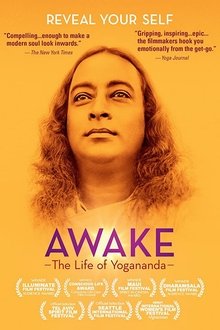
Awake: The Life of Yogananda (2014)
An unconventional biography by Oscar nominee Paola di Florio and Sundance winner Lisa Leeman about Hindu mystic Paramahansa Yogananda who brought yoga and meditation to the West in 1920 and authored the spiritual classic "Autobiography of a Yogi," which became the go-to book for seekers from George Harrison to Steve Jobs.
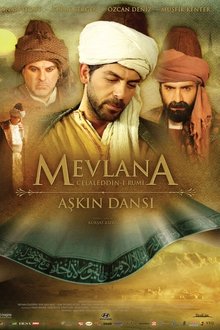
Rumi: The Dance of Love (2008)
A dramatised documentary about the life of Rumi, a Persian mystical poet whose images of universal love and divine mystery continue to be celebrated more than 700 years after his death.
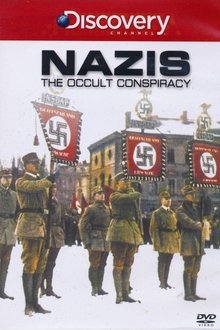
Nazis: The Occult Conspiracy (1998)
This documentary examines how Adolf Hitler and the Nazi regime made use of ancient mysticism, occultism, and mind-control techniques in their efforts to win the war.
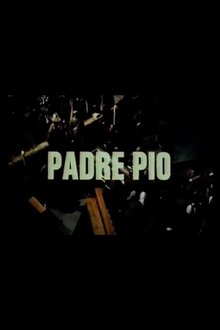
Padre Pio (1968)
BBC TV movie about the life of the late Francesco Forgione, widely known as Padre Pio.
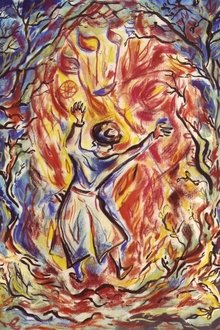
A Fire in the Forest: The Life and Legacy of the Ba'al Shem Tov (2012)
Rabbi Israel ben Eliezer (1698-1760), known as the Ba'al Shem Tov ("Master of the Good Name"), is one of the most beloved and celebrated, yet elusive, figures in Jewish history. Today, Jews worldwide – and even non-Jews – revere him as the founder of the Hasidic movement, a 18th-century offshoot of Judaism that promotes a mystical interpretation of the Bible, and as a model of piety and spirituality. The documentary A FIRE IN THE FOREST explores the life and legacy of the Ba'al Shem Tov through interviews with religious leaders and scholars, and on-location footage. The title derives from a tale about rabbis finding a hidden fire in the forest where they could appeal to God for help and have their prayers answered.
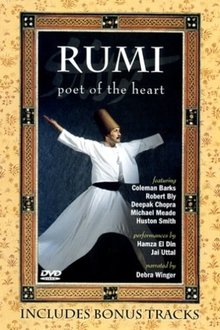
Rumi: Poet of the Heart (1998)
In 1244, Jelaluddin Rumi, a Sufi scholar in Konya, Turkey, met an itinerant dervish, Shams of Tabriz. A powerful friendship ensued. When Shams died, the grieving Rumi gripped a pole in his garden, and turning round it, began reciting imagistic poetry about inner life and love of God. After Rumi's death, his son founded the Mevlevi Sufi order, the whirling dervishes. Lovers of Rumi's poems comment on their power and meaning, including religious historian Huston Smith, writer Simone Fattal, poet Robery Bly, and Coleman Barks, who reworks literal translations of Rumi into poetic English. Musicians accompany Barks and Bly as they recite their versions of several of Rumi's ecstatic poems.

Sunseed (1973)
This documentary explores the growing American interest in the 1970s in Eastern religions and philosophy. The teachings and lifestyles of ten spiritual teachers and their followers are presented without voice-over narration.

Ghuza da Sher (NaN)
The story of Nisar Ahmed Khan, told through his children and the people he served, a spiritual guide whose followers still visit his tomb on his birth and death anniversaries. And alongside how his family spends a few days at the village keeping his traditions alive.
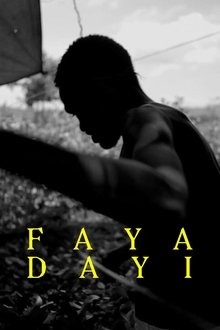
Faya Dayi (2021)
A spiritual journey into the highlands of Harar, immersed in the rituals of khat, a leaf Sufi Muslims chewed for centuries for religious meditations – and Ethiopia’s most lucrative cash crop today. A tapestry of intimate stories offers a window into the dreams of youth under a repressive regime.
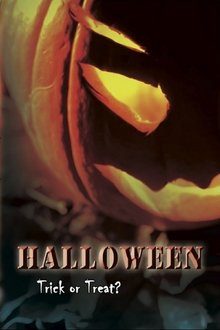
Pagan Invasion, Vol. 1: Halloween: Trick or Treat (1991)
All the seemingly innocent symbolism of Halloween – blackcats, snakes, broomsticks, bonfires, “trick or treat,” jack-o’-lanterns, apple dunking and costumes – has its roots in Sorcery, Witchcraft and Satanism. Parents’ responsibilities are challenged to decide whether to allow their children to participate in celebrations which glorify Pagan Occultism. This highly informative video traces the pagan origins and history of Halloween. The Pagan Occult calendar of Druids, Witches, Pagans and Satanists marks Halloween as one of their highest “holy days.” This video uncovers the mystic Druidic rites and ceremonies with which “Samhain” (Halloween) was originally observed 4,000 years ago. The occult rituals seen in this video are real and not re-enactments.
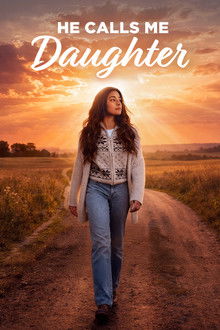
He Calls Me Daughter (2026)
An exploration of women shaped by absent or broken fathers as they find healing, courage, and restored identity through God’s faithful love. Through raw and powerful stories, HE CALLS ME DAUGHTER reveals a timeless truth: A heavenly Father changes everything.
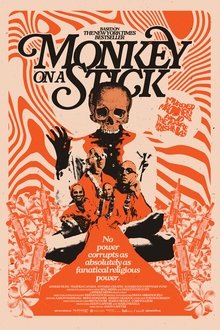
Monkey on a Stick (2024)
The story of the Hare Krishna movement in the West, contrasting the spiritual exploration of its devotees with the leadership's systemic, long-term cover-up of criminality, moral decay and abuse of power.

Adios Amor (2022)
In Adios Amor, the discovery of lost photographs sparks the search for a hero that history forgot—Maria Moreno, a migrant mother driven to speak out by her twelve children’s hunger. Years before Cesar Chavez and Dolores Huerta launched the United Farm Workers, Maria picked up the only weapon she had—her voice—and became an outspoken leader in an era when women were relegated to the background. The first farm worker woman in America to be hired as a union organizer, Maria’s story was silenced and her legacy buried—until now.
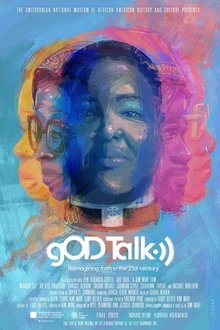
gOD-Talk (2023)
Explores the lives of seven Black Millennials – Atheist, Buddhist, Christians, Muslim, Ifa, and Spiritualist – and the challenges and discoveries with faith and spirituality.
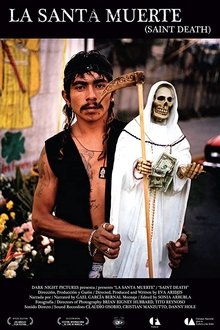
Saint Death (2007)
In Mexico there is a cult that is rapidly growing- the cult of Saint Death. This female grim reaper, considered a saint by followers but Satanic by the Catholic Church, is worshiped by people whose lives are filled with danger and/or violence- criminals, gang members, transsexuals, sick people, drug addicts, and families living in rough neighborhoods. "La Santa Muerte" examines the origins of the cult and takes us on a tour of the altars, jails, and neighborhoods in Mexico where the saint's most devoted followers can be found.
